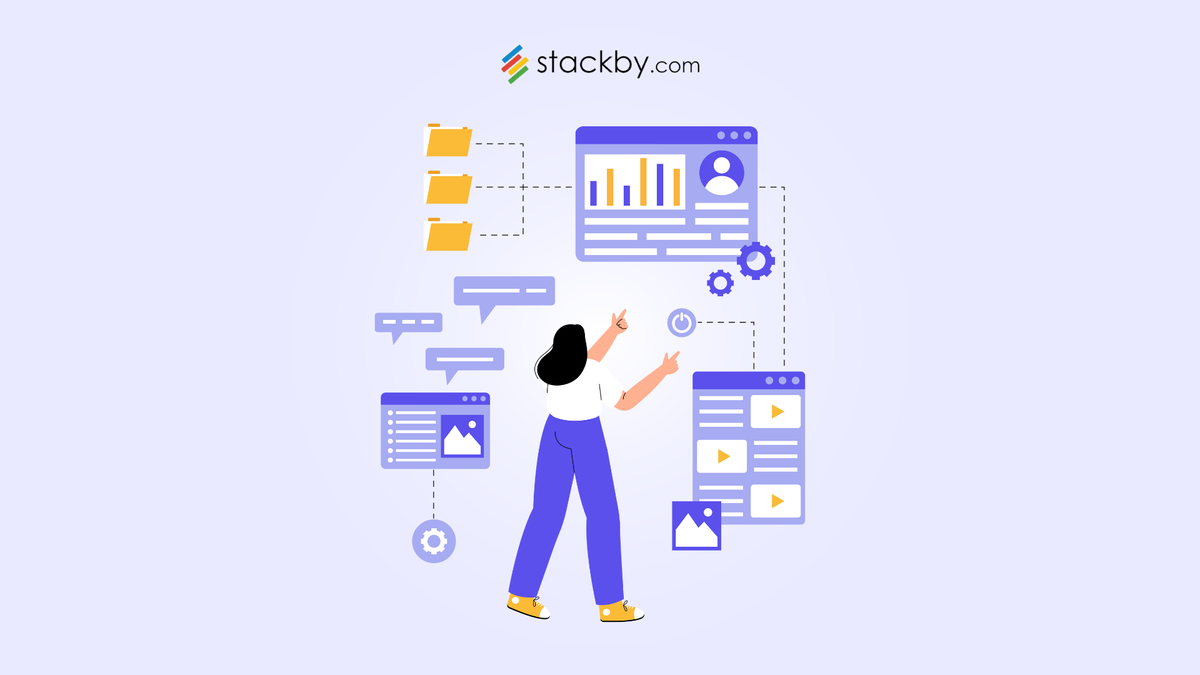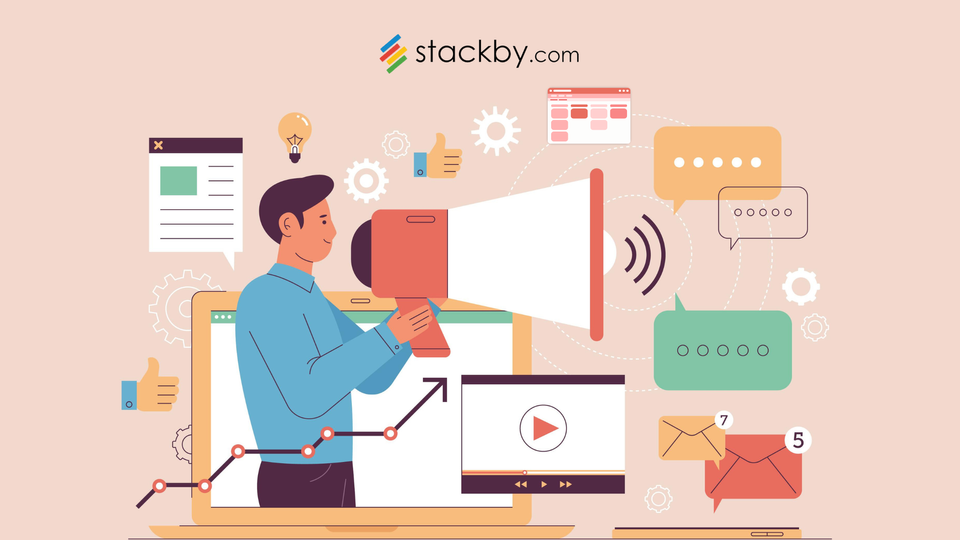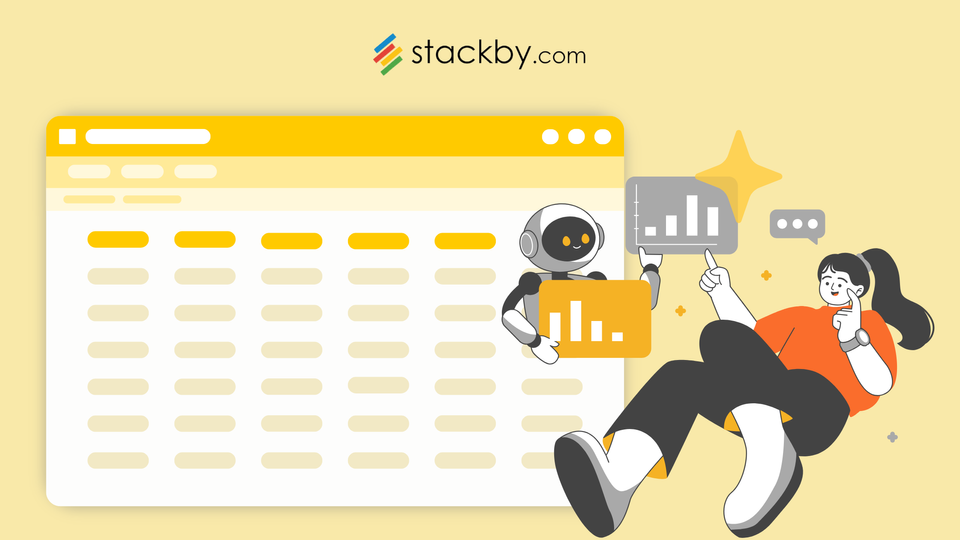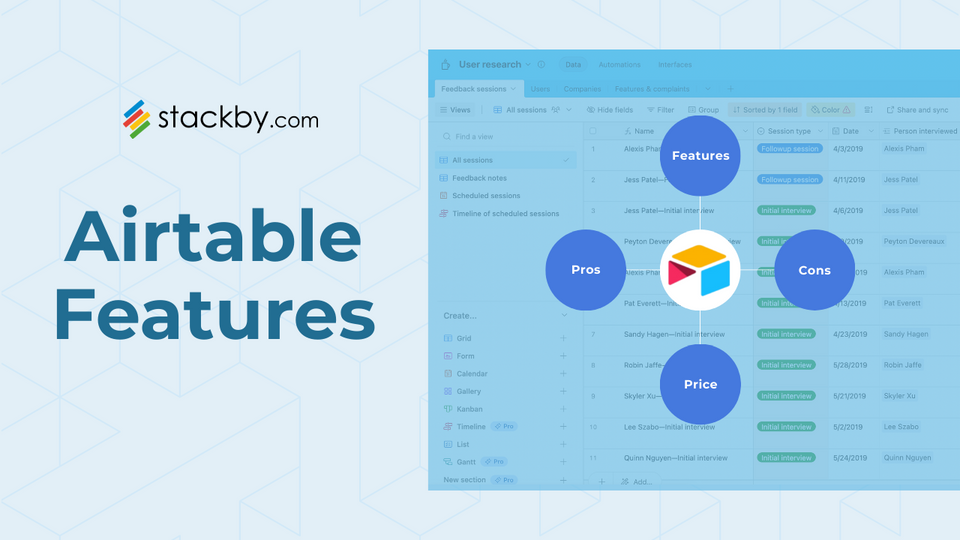Best Free Database Software for Non-Profits: Empowering Change on a Budget
Utilize best free database software for non-profits to manage donor info, track impact, and streamline operations without breaking the budget.

In the world of non-profits, every dollar saved is a dollar that can be redirected towards your mission. But in today's data-driven landscape, having robust database software for non-profits isn't just a luxury—it's a necessity. The challenge? Finding powerful tools that won't break the bank. That's where free database software for non-profits comes into play, offering a lifeline to organizations striving to make a difference while managing tight budgets.
Why Non-Profits Need Effective Database Software
Imagine trying to juggle dozens of donor relationships, hundreds of volunteer schedules, and multiple ongoing programs—all while keeping meticulous records for grant applications and financial reports. Sounds overwhelming, right? This is the daily reality for many non-profits, and it's precisely why effective database software for non-profits is crucial.
From managing donor information and tracking volunteer hours to organizing program data and monitoring resources, the right database solution can transform a non-profit's operations. It's not just about keeping records; it's about unlocking insights, streamlining processes, and ultimately, maximizing the impact of your mission.
But here's the catch: most non-profits operate on shoestring budgets, where every expense is scrutinized. Investing in expensive software often means diverting funds from critical programs and services. This is why cost-effective solutions, particularly free software for nonprofit organizations, are so vital.
In this blog, we're on a mission to showcase the best free database software for non-profits. We'll explore options that offer robust features without the hefty price tag, empowering your organization to do more with less. Whether you're a small grassroots organization or a growing non-profit looking to scale, we've got you covered. Let's dive in and discover how you can leverage technology to amplify your impact, all while keeping your budget intact.
Key Considerations for Non-Profit Database Software

Before we jump into our top picks, let's talk about what makes a database software truly valuable for non-profits. Here are the key factors to keep in mind:
- Cost Efficiency: This is the biggie. We're focusing on free or low-cost tools that still offer necessary features. Remember, free doesn't mean inferior—many open-source and freemium options pack a powerful punch.
- Donor and Volunteer Management: Your database should be a centralized hub for tracking donations, managing volunteer information, and organizing campaigns. Look for features like donor profiles, gift tracking, and volunteer hour logs.
- Scalability: As your non-profit grows, your database should grow with you. Opt for solutions that can handle increasing data volumes and user numbers without requiring a complete overhaul.
- Data Security: Non-profits often handle sensitive information. Ensure your chosen software offers robust security measures and complies with relevant data protection regulations.
- User-Friendly Interface: Non-profits often operate with limited technical resources. An intuitive, easy-to-use interface is crucial for smooth adoption and ongoing use.
- Reporting and Analytics: The ability to generate comprehensive reports is vital for grant applications, donor communications, and strategic planning. Look for tools with flexible reporting options and data visualization capabilities.
- Integration Capabilities: Your database software should play nice with other tools you use. Integration with email platforms, accounting software, and CRM systems can streamline your operations significantly.
- Customization Options: Every non-profit is unique. The ability to customize fields, forms, and workflows ensures the software can adapt to your specific needs.
- Support and Community: Even with free tools, having access to documentation, user forums, or customer support can be invaluable when you hit a snag.
- Mobile Accessibility: In our on-the-go world, being able to access and update your database from mobile devices can be a game-changer for field work and remote management.
Keep these factors in mind as we explore our top picks for database software for non-profits. The perfect solution for your organization will depend on your specific needs, size, and technical capabilities. Now, let's dive into the solutions!
6 Easy Ways to Automate your Spreadsheets in 2024
Top 5 Free Database Software for Non-Profits

1. Stackby

Stackby is a versatile, user-friendly platform that combines the best of spreadsheets and databases, making it an excellent choice for non-profits seeking powerful yet intuitive database software.
Pros:
- Highly customizable with a spreadsheet-like interface
- Offers various views including Kanban, Calendar, and Gallery
- Integrates with numerous third-party apps
- Provides real-time collaboration features
- Includes automation capabilities to streamline workflows
Cons:
- Free plan has limitations on number of rows and stacks
- Some advanced features require paid plans
Pricing:
- Free Plan: Available with limited features
- Paid plans start at $5/month for individuals, with team plans from $9/user/month
Stackby stands out as an all-in-one nonprofit software solution, offering the flexibility to create custom databases for donor management, volunteer tracking, and program organization. Its user-friendly interface makes it accessible even for non-technical users, while its powerful features can grow with your organization.
2. Bitrix24

Bitrix24 is a comprehensive business software that includes CRM, project management, and collaboration tools, making it a robust option for non-profits seeking multifaceted database software.
Pros:
- Offers a wide range of features beyond just database management
- Includes CRM functionality for donor and contact management
- Provides project management and task tracking tools
- Offers communication features like video calls and chat
Cons:
- Can be overwhelming due to the abundance of features
- Free plan has limitations on storage and some advanced features
Pricing:
- Free Plan: Available with basic features
- Paid plans start from $49/month for 5 users
As a non profit database software free option, Bitrix24 offers an impressive array of tools. Its CRM capabilities make it particularly useful for donor management and fundraising efforts, while its project management features can help organize various programs and initiatives.
3. OpenPetra

OpenPetra is an open-source software specifically designed for non-profits, focusing on financial management and donor relations.
Pros:
- Tailored specifically for non-profit needs
- Includes modules for finance, donor management, and reporting
- Open-source, allowing for customization if you have technical resources
- Designed with international non-profits in mind, supporting multiple currencies
Cons:
- May require technical expertise to set up and customize
- User interface is less modern compared to some alternatives
Pricing:
- Completely free and open-source
OpenPetra is one of the best non profit database software options for organizations that need robust financial management alongside donor tracking. Its open-source nature means it's not only free but also customizable for those with the technical know-how.
4. Koha

While primarily known as a library management system, Koha's features make it a viable database software for non-profits, especially those dealing with resource management or lending programs.
Pros:
- Robust cataloging and resource management features
- Includes patron management, which can be adapted for donor/member tracking
- Open-source with a large community for support
- Highly customizable
Cons:
- Primarily designed for libraries, so may require adaptation for other non-profit uses
- Can be complex to set up and maintain without technical expertise
Pricing:
- Free and open-source
Koha offers unique capabilities for non-profits that manage physical resources or run lending programs. Its powerful cataloging features can be repurposed for inventory management, while its patron system can be adapted for donor or member management.
5. Google Sheets

While not a traditional database software, Google Sheets can be a powerful tool for non-profits when used creatively, especially for smaller organizations or as a supplement to other systems. Alternatively also you can use Stackby which free google sheets alternative that combine the power of spreadsheets and databases together to help you build your own custom solutions for your work.
Pros:
- Completely free with a Google account
- Familiar spreadsheet interface
- Real-time collaboration features
- Integrates seamlessly with other Google tools
- Can be extended with add-ons and scripts
Cons:
- Limited compared to dedicated database software
- Can become unwieldy with large amounts of data
- Requires careful organization to maintain data integrity
Pricing:
- Free with a Google account
Google Sheets, while basic, can be one of the best free software for nonprofits for those just starting out or with simple database needs. Its flexibility, combined with add-ons and Google Apps Script, can create a surprisingly powerful database solution.
Top 10 Free Google Sheets Alternatives To Try in 2024 & Beyond
Making the Most of Your Chosen Software
Whichever database software for non-profits you choose, here are some tips to maximize its effectiveness:
- Invest Time in Setup: Properly setting up your database from the start will save you countless hours down the line. Define your data structure, establish consistent data entry protocols, and set up any necessary automations.
- Train Your Team: Ensure everyone who will be using the software is properly trained. This includes not just how to use the software, but also the importance of data integrity and your organization's specific protocols.
- Regular Maintenance: Schedule regular times to clean your database, removing duplicates, updating information, and ensuring data accuracy.
- Leverage Integrations: Many of these tools offer integrations with other software. Take advantage of these to create a seamless workflow across your organization's operations.
- Use Reporting Features: Don't just collect data—use it. Regular reporting can provide insights into your operations, inform strategy, and help with grant applications and donor communications.
- Stay Secure: Even with free tools, data security is crucial. Implement best practices for data protection, including regular backups and controlled access.
- Grow With Your Tools: As your organization grows, your needs may change. Regularly reassess whether your chosen software is meeting your needs and explore additional features or upgrades as necessary.
Conclusion: Empowering Your Non-Profit with the Right Tools
In the world of non-profits, every resource counts—and that includes your database software. The right tool can streamline your operations, enhance your donor relationships, and ultimately help you make a bigger impact. The best part? As we've seen, powerful database software for non-profits doesn't have to come with a hefty price tag.
From the versatile Stackby to the comprehensive Bitrix24, from the non-profit-specific OpenPetra to the adaptable Koha, and even the ubiquitous Google Sheets—there's a free or low-cost solution out there for every non-profit. Each of these tools offers unique strengths, and the best choice for your organization will depend on your specific needs, technical capabilities, and growth plans.
Remember, the goal of implementing database software isn't just to digitize your records—it's to transform how you operate. It's about spending less time on administrative tasks and more time on your mission. It's about gaining insights that can inform your strategy and amplify your impact. And with these free and low-cost options, it's about doing all of this without straining your budget.
As you explore these options, keep in mind the key considerations we discussed. Look for solutions that offer the right balance of functionality, ease of use, and scalability for your organization. Don't be afraid to try out multiple options—many of these tools offer free trials or free tiers that allow you to test drive their features before committing.
In the end, the best database software for non-profits is the one that empowers your team, streamlines your processes, and ultimately helps you do more good. So take that first step, explore these options, and find the tool that will take your non-profit to the next level. Your future, more organized, more impactful self will thank you!

![Best 14 HR Database Software for Recruitment Agency [Free+Paid] [2026]](/blog/content/images/size/w960/2024/04/stackby--hr-database-software-blog-post-5.3.jpg)


